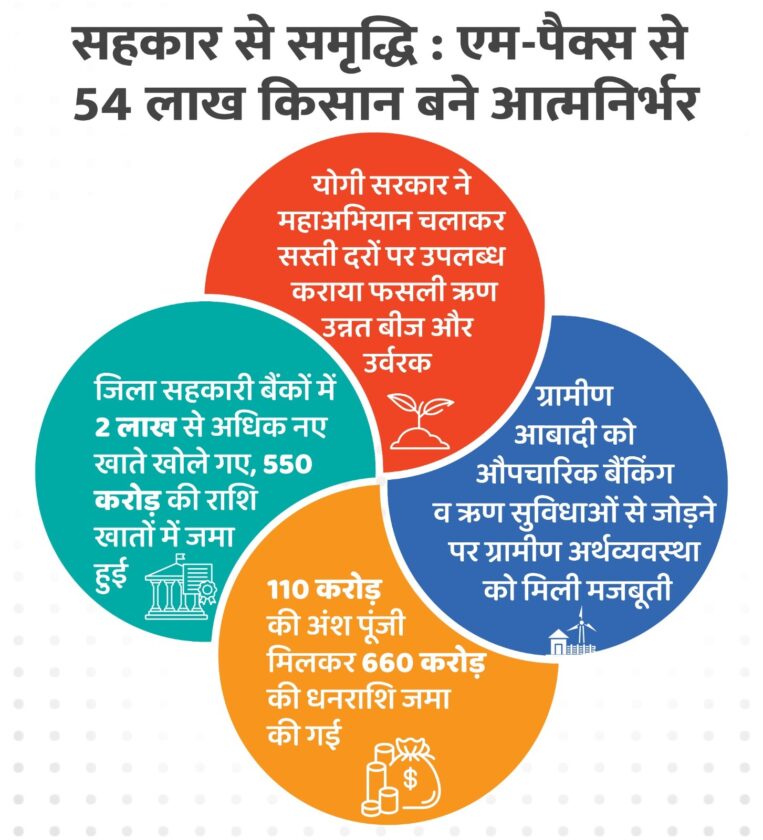Lucknow: Lucknow, famed for its rich culinary heritage, is reeling under a major food safety scandal. In May 2025, a sweeping crackdown by the Food Safety Department exposed that 36 food samples from 12 prominent restaurant chains, including international giants and celebrated local eateries, failed basic safety and quality checks.
“You think places like KFC or McDonald’s are safe,” said Hazratganj resident Alok Kumar. “Now we hear they’re using stale oil and synthetic colours. It’s outrageous!”
The department’s inspections across high-traffic zones such as Hazratganj and Saharaganj revealed disturbing violations. At KFC Saharaganj, investigators found reused oil, a clear health hazard. McDonald’s Hazratganj was flagged for synthetic colouring in its fried items, a potentially toxic additive.
Local favourites weren’t spared either. The popular Dastarkhwan was sealed after stale mutton and foul-smelling gravy were discovered. Renowned sweet shop Chhappan Bhog was caught using substandard mawa, indicating adulteration in sweets. Haldiram, Wow Momo, and others faced charges ranging from bacterial contamination to the use of low-quality ingredients.
“All 36 tested samples failed,” confirmed a senior Food Safety Department official. “Notices have been served, and legal proceedings are in progress.”
Health experts warn that such violations pose serious health risks. Bacteria and toxins from stale food and old oil can lead to food poisoning, organ damage, or even cancer. “It’s not just about an upset stomach,” said public health expert Dr. Sunita Sharma. “Synthetic chemicals and adulterants can have lasting impacts on health.”
This isn’t an isolated case. A 2022 FSSAI report highlighted a rise in food adulteration cases across India. Lucknow itself still remembers the 2015 Maggi controversy that shook the nation.

Despite FSSAI being the apex body for food regulation, enforcement gaps remain a national issue. A 2024 report pointed to unclear standards and poor lab infrastructure as major roadblocks. However, the recent drive in Lucknow signals renewed local enforcement. “Public complaints and tip-offs are helping us act decisively,” said the department official.
Franchise-based food chains often face internal quality lapses due to cost-cutting pressures. Reusing oil, using cheaper ingredients, or ignoring safety protocols are all-too-common practices. Public anger is boiling over. “These brands make crores, yet compromise our health,” posted a user on X (formerly Twitter). “Where is the accountability?”
Lucknow’s food safety scare mirrors broader national issues. In 2024, 12% of packaged spices failed safety tests. In Noida, a shocking 60% of food samples failed checks just last month.
Dr. Sharma believes the solution lies in a multi-pronged approach: “FSSAI must mandate frequent surprise audits, especially for big chains. Improved lab testing, strong penalties, and a robust complaint redressal system are critical.”
Consumer awareness is also essential. Citizens need to be informed about what safe food looks and tastes like and should report violations promptly. At the same time, food businesses must prioritize internal quality control, resisting the urge to cut corners.
The failure of 36 food samples from some of Lucknow’s most trusted brands is not just a regulatory lapse — it’s a betrayal. Unless urgent action is taken, the city’s promise of safe and satisfying dining remains under threat.









